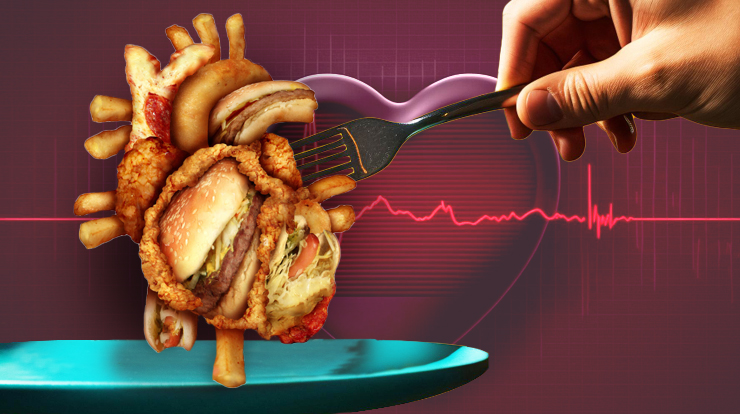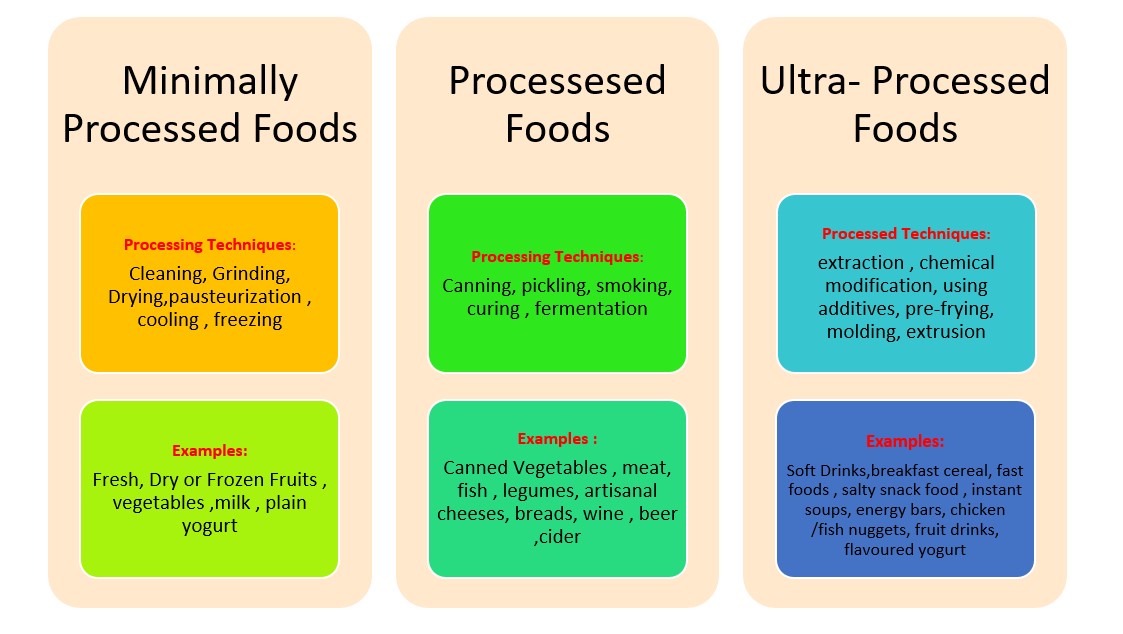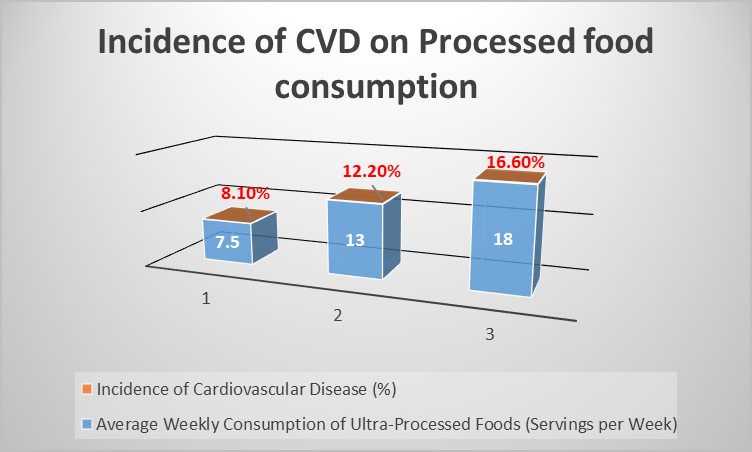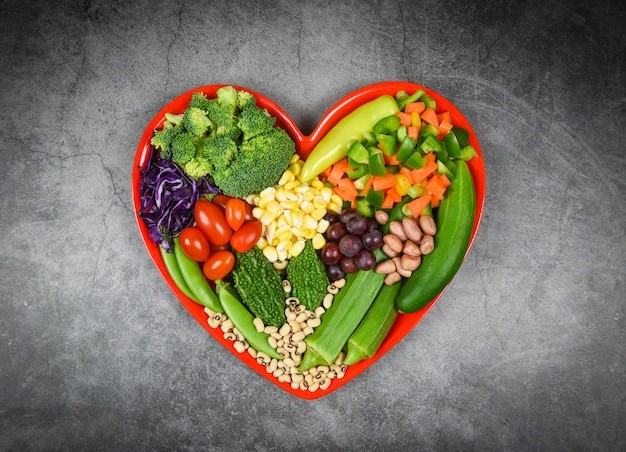
Introduction
In our fast-paced life, convenience often comes before health. The convenience of ultra-processed foods has led to their widespread consumption, but recent research has unveiled a concerning link between these foods and an increased risk of heart disease. At Agatsa, we’ve delved deep into the recent study presented at the European Society of Cardiology, striving to shed light on the concerning cardiovascular conditions associated with the consumption of ultra-processed foods. Our commitment to raising awareness stems from our unwavering dedication to your heart health. As a pioneering organization in the development of pocket ECG machine SanketLife, we passionately care about empowering individuals to make informed choices for their heart’s well-being.

Understanding Ultra-Processed Foods
Ultra-processed foods are a category of food products that undergo extensive processing, often containing artificial additives, preservatives, and minimal nutritional value. These products are typically high in sugars, unhealthy fats, and sodium, and they lack the essential nutrients needed for a balanced diet. Examples include packaged snacks, sugary drinks, fast food, and ready-to-eat meals.

This image serves as a visual guide, highlighting the unmistakable distinctions between minimally processed foods, processed culinary ingredients, processed foods, and ultra-processed foods. By understanding these categories, we equip ourselves with the knowledge needed to navigate food choices wisely, promoting a healthier and more informed approach to our diets.
Recent Research Presented to the European Society of Cardiology
A recent study presented to the European Society of Cardiology has brought attention to the dangers of consuming ultra-processed foods. The study revealed a direct correlation between high consumption of these foods and an increased risk of heart diseases, such as coronary artery disease, hypertension, and arrhythmias. The research emphasized that individuals who frequently consume ultra-processed foods face a significantly higher risk of developing heart-related issues.

The graph clearly illustrates the findings of the recent study involving 2,020 participants, reflecting a concerning trend. As the average weekly consumption of ultra-processed foods increased from 7.5 servings to 18 servings, the incidence of cardiovascular disease showed a notable upward trajectory, rising from 8.1% to 16.6%. This suggests a strong correlation between higher consumption of ultra-processed foods and an increased risk of cardiovascular events over a 10-year period. These findings emphasize the importance of dietary choices in maintaining heart health, urging individuals to consider a more balanced and less processed diet to reduce the risk of cardiovascular issues
Heart Diseases Linked to Ultra-Processed Foods

Coronary Artery Disease (CAD): A diet rich in ultra-processed foods is often high in trans fats and saturated fats, which can raise LDL (bad) cholesterol levels and promote the development of CAD, a leading cause of heart attacks.
Hypertension (High Blood Pressure): The excessive sodium content in many ultra-processed foods can elevate blood pressure, increasing the risk of hypertension, a major risk factor for heart diseases.
Arrhythmias: Some additives and preservatives in ultra-processed foods may trigger heart rhythm disturbances, potentially leading to arrhythmias like atrial fibrillation. These irregular heartbeats can significantly increase the risk of stroke and other cardiovascular issues.
Reducing Dependency on Ultra-Processed Foods
Reducing your dependency on ultra-processed foods is essential for maintaining a healthy heart. Here are some strategies to help you make better food choices:
Choose Whole Foods: Opt for whole, unprocessed foods such as fruits, vegetables, whole grains, lean proteins, and nuts. These foods are rich in nutrients and beneficial for heart health.

Read Labels: Pay close attention to food labels and ingredient lists. Avoid products with a long list of additives and preservatives.

Cook at Home: Preparing meals at home gives you control over the ingredients and allows you to make healthier choices.

Limit Sugary Drinks and foods: Cut back on sugary beverages like soda, soft drinks, packaged juices, bakery items cookies, biscuits etc., and opt for water, herbal tea, or natural fruit juices in moderation.

Use SanketLife Pocket ECG machine for Monitoring: To take charge of your heart health, consider using the SanketLife pocket ECG machine. This small-sized portable ECG machine is touch-based and can help you monitor your heart’s electrical activity, detect irregularities, and share data with healthcare professionals for personalized guidance.

Conclusion
The risks associated with consuming ultra-processed foods are too significant to ignore. Protecting your heart requires making informed dietary choices and monitoring your heart’s health. By reducing your reliance on ultra-processed foods and adopting a healthier lifestyle you can take proactive steps toward a healthier heart and a better quality of life.
